For many people, feelings of shame are an unwelcome companion. But for those who have experienced trauma, particularly childhood trauma, these feelings can become so deeply ingrained that they permeate every aspect of life.
While it’s widely known that trauma can lead to post-traumatic stress disorder (PTSD), it’s less discussed that childhood trauma can also contribute to complex post-traumatic stress disorder (c-PTSD).
How can childhood trauma lead to c-PTSD and feelings of shame in adulthood? How can addressing these underlying issues help to ease present-day feelings of shame that may be impacting negatively on life?
In this article, we will take a closer look at the link between trauma, c-PTSD, and shame, exploring how addressing underlying traumas can help lessen present-day feelings of shame.
Understanding Trauma
Before discussing the link between trauma and shame, it’s essential to understand what trauma is.
Trauma can be defined as a deeply distressing or disturbing experience that causes fear, helplessness, or pain. It can range from single-incident events, such as car accidents or natural disasters, to ongoing experiences like neglect, abuse, or bullying.
But for children, in particular, even everyday experiences such as divorce or moving home can be traumatic if they don’t feel supported and safe. Trauma can cause long-term changes in the brain, leading to difficulties with emotions, relationships and behavior.
The Impact of Childhood Trauma on Mental Health
One of the most common mental health conditions that can result from childhood trauma is complex post-traumatic stress disorder (c-PTSD). This condition is often seen in people who experienced prolonged and repeated traumatic events during their childhood, such as physical or sexual abuse.
C-PTSD includes all of the symptoms of PTSD, such as flashbacks, nightmares, and difficulty concentrating, as well as additional symptoms, such as feelings of guilt and shame, anger, mistrust, and relationship difficulties. These feelings of guilt and shame are often rooted in a deep belief that the person is intrinsically ‘bad’ and can negatively impact self-esteem and relationships.
Types of C-PTSD Shame
When it comes to c-PTSD, there are two main types of shame: overt shame and covert shame.
Overt shame is an externalized version of shame – it involves feeling judged by others and expecting disapproval or criticism from them. It often leads to the person withdrawing from relationships and avoiding social interaction.
Covert shame is internalized, meaning it comes from within rather than outside sources. This type of shame often manifests as a deep-seated feeling of being unworthy and undeserving. It’s usually accompanied by feelings of guilt, helplessness, and low self-worth.
Both types of shame can lead to physical and mental health problems. They can also manifest in unhealthy relationships and behaviors, such as self-sabotage or codependency. And if left unchecked, they can lead to substance abuse and suicidal thoughts – dangerous symptoms of c-PTSD that should never be ignored.
How Can Childhood Trauma Lead to Feelings of Shame?
There are various ways in which childhood trauma can lead to feelings of shame. For example, if a child has been neglected or abused during their formative years, they may develop the belief that they are ‘bad’ and undeserving of love and attention. This belief can stay with them into adulthood, leading to feelings of shame and worthlessness.
Another way in which trauma can lead to shame is when a child is not given the emotional support and guidance they need as they grow. This missing care element can cause guilt, self-blame, and inadequacy.
On top of this, if a child is exposed to traumatic events or choices made by their caregivers or other adults, they may feel responsible for them and develop feelings of shame as a result. These feelings of guilt and shame can be carried forward into adulthood and significantly negatively impact life.
When it comes to c-PTSD, shame is often seen as one of the most challenging symptoms to address. It can be deeply ingrained and hard to shift, but addressing underlying traumas through therapy can help lessen present-day feelings of shame.
How Childhood Trauma Manifests in Adults
It’s important to remember that although childhood trauma may have occurred many years ago, its effects can still linger today. This is because the brain is malleable and will often store the feelings of pain and trauma associated with difficult experiences. These stored memories can then manifest as physical or psychological conditions in adulthood.
For example, here are some of the ways that childhood trauma can manifest in adults:
1. Attempts at Self-Sabotage
When feelings of guilt and shame become too much to bear, it can cause a person to act in ways that are damaging or self-sabotaging. This could include engaging in dangerous activities such as drug use or avoiding healthy relationships and opportunities due to feelings of worthlessness or fear.
For instance, someone with a history of childhood trauma may feel undeserving of good things and so actively avoid them. Or, they may push away people who try to get close due to fear of being hurt or rejected.
2. Codependency
When someone feels unworthy, it can lead to codependent behavior – this is when someone relies too heavily on another person for validation and self-worth. This type of relationship is often seen in c-PTSD, as it can be a way of avoiding dealing with underlying trauma.
Individuals with c-PTSD may look for relationships that enable them to feel some sense of control, even if it’s unhealthy. They may become overly reliant on another person, trying to fill the void left by their trauma.
3. Anxiety and Depression
Childhood trauma can manifest in feelings of anxiety and depression in adulthood. Feelings of guilt and worthlessness can be incredibly painful and lead to rumination on negative thoughts. If not addressed, these feelings can spiral out of control and lead to mental health issues such as anxiety or depression. Or, it can lead to physical symptoms such as fatigue, insomnia or digestive issues.
4. Relationship Struggles
Relationships are often complex for those with c-PTSD, as feelings of guilt and shame can cause a person to distance themselves from others or be overly controlling. This type of behavior can lead to a fear of intimacy, which then impacts on all aspects of life – from friendships to romantic relationships. In severe cases, it can lead to a complete lack of trust in another person or abusive behavior.
5. Destructive Behavior
When feelings of guilt and shame become too much to bear, it can lead to destructive behavior. This could be anything from self-harm or drug use to reckless behaviors such as dangerous driving or gambling.
These types of behaviors can provide a temporary release for those with c-PTSD, but they are not healthy coping mechanisms and can ultimately lead to further pain and suffering.
6. Physical Issues
Unresolved childhood trauma can also manifest as physical issues. It’s thought that unresolved emotions such as guilt, shame, and fear may be stored in the body and lead to a range of physical problems.
For example, chronic fatigue syndrome, irritable bowel syndrome, and fibromyalgia are all conditions that have been linked to unresolved trauma from the past. It’s worth noting that physical issues can also result from disordered eating or self-harming behaviors due to guilt and shame.
How Can Addressing Underlying Traumas Help to Ease Present Day Feelings of Shame?
If a person struggles with feelings of shame due to unresolved childhood trauma, addressing the underlying issues can help lessen these present-day feelings.
There are many ways to go about this, such as psychotherapy, counseling, and self-help techniques. Working with a mental health professional can help the person to uncover the root cause of their shame and develop strategies for managing it.
Here are a few methods that professional therapists may use to help people work through their childhood trauma and reduce feelings of shame:
Developing a Supportive Coping Network
One of the most important steps in overcoming childhood trauma is developing a supportive coping network. This includes family, friends, and mental health professionals who can provide emotional support and help to process difficult memories. Having a safe space for talking about experiences can be invaluable in helping people feel more accepted and understood.
Working Through Unresolved Issues
As children, we often experience events or relationships that leave us feeling powerless. Working with a therapist to explore and process traumatic memories can help to resolve these unresolved issues and reduce feelings of guilt, shame, and worthlessness. These issues can range from family conflict to past abuse.
Learning Healthy Coping Strategies
Learning healthy coping strategies is essential for managing overwhelming emotions related to childhood trauma. A therapist may help the person to identify their triggers and develop positive coping strategies such as deep breathing, mindfulness, or journaling. Or for those who are struggling with more severe symptoms, a therapist may suggest medication or other treatments.
Reconnecting With Self-Compassion
Sometimes childhood trauma can cause us to disconnect from our sense of self-worth and compassion. Reconnecting with these qualities is key for addressing underlying issues and reducing feelings of shame. Therapists may work with their clients to practice self-care and cultivate feelings of acceptance, understanding, and compassion.
Reclaiming Power Over Your Life
Finally, reclaiming power over your life is vital in overcoming childhood trauma and reducing feelings of shame. Therapists may help their clients to identify ways to take charge of their lives and make choices that empower them. This could include setting boundaries with others or practicing assertive communication skills.
People can often reduce their symptoms of shame and reclaim control over their lives by addressing underlying trauma issues. Through psychotherapy, counseling, or self-help strategies, they can develop healthier coping skills and find a sense of acceptance that leads to peace and well-being.
Helping Children & Young People Overcome Shame
Childhood trauma can have far-reaching and long-term repercussions on mental health, leading to c-PTSD and chronic feelings of shame that can manifest in adulthood.
By understanding the connection between trauma, c-PTSD, and shame, we can build a framework that can help us address these underlying issues and reclaim power over our lives. With the right support, it’s possible to heal from past traumas, lessening present-day feelings of shame that may prevent us from living a fulfilling and meaningful life.
My name is Reggie D. Ford and I am a motivational speaker on mental health topics such as this one. If your organization is looking for a speaker, please contact us today!







